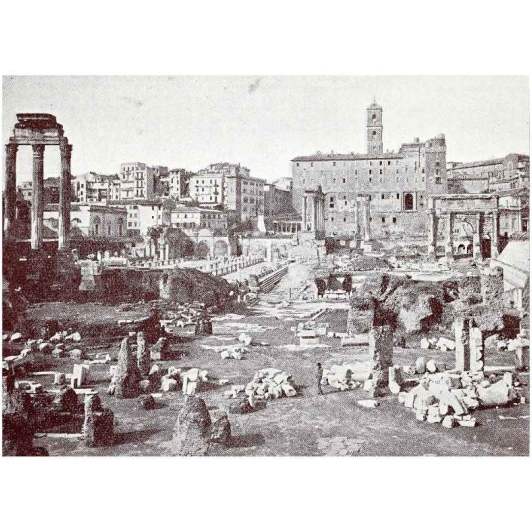The Roman History of Public Laundries


Money Laundering, Truth or Myth about Public Laundries? -Or the History of Roman Laundries.
Money laundering, truth or myth about public laundries? - Or the history of Roman laundries.
The origins of laundry points date back to Ancient Rome. This can be proven by the discovered and cleaned facade of a building from Pompeii, where there are paintings on the walls of this excavation site confirming the purpose of the building.
Rome was highly developed in terms of drainage and sewage infrastructure, which allowed the creation of such a place at a distance from a water source such as the Tiber River.
Laundry is a man's job
Fullones were the people responsible for washing clothes for the Romans.
Why ?
The most popular and easily available cloth at that time was wool.
This garment was heavy after soaking and in order to wash it thoroughly, a lot of energy had to be put into this long process. Then, such fabric had to be combed and dried in baskets with sulfur, which was intended to whiten the cloth. And whitened material indicated a higher social status.
When you come to a modern self-service laundry in Krakow such as Frania Cafe, you don't have to try too hard to make your laundry clean and fragrant. Whether you're a woman or a man, by pressing the right button, a process starts that surprises with the final effect, and you can enjoy a good coffee while you have some free time.
Pecunia non olet
Modern detergents allow us to wash our clothes in an easy and pleasant way. Ancient methods of washing were effective to some extent, and they were certainly more ecological methods of washing dirty clothes than those available to us today.
To whiten the linen, the Fullones used fermented human urine, which probably didn’t smell like a summer morning breeze, like today’s fabric softeners. The high ammonia content of human urine gave the wool a light shade, which was desirable and indicated the Roman’s social status, but didn’t necessarily smell like “Lenor.”
Vespasian, who ruled Rome, even imposed a tax for collecting urine, which is why he is remembered to this day.
When his son Titus complained that it was a stinking business, Vespasian brought the first revenues from the newly introduced tax under his nose and asked his son if the money stinked?
The luxury of a modern laundrette
Fortunately, those times are gone, public laundries have changed to automated self-service laundries, where we can quickly do our daily laundry, with drying time of 40 minutes, and in a place smelling of cake and coffee, we will spend a pleasant time where we will meet interesting people and even the love of our life, as it happened many times in the Frania Cafe laundry in Krakow. Fortunately, the Ministry of Finance has not yet imposed a new urine tax on Poles, and everyone can afford to use a laundry, so we are waiting for you and we will show you what the luxury of using laundries popular in the West and started in ancient Rome is all about.